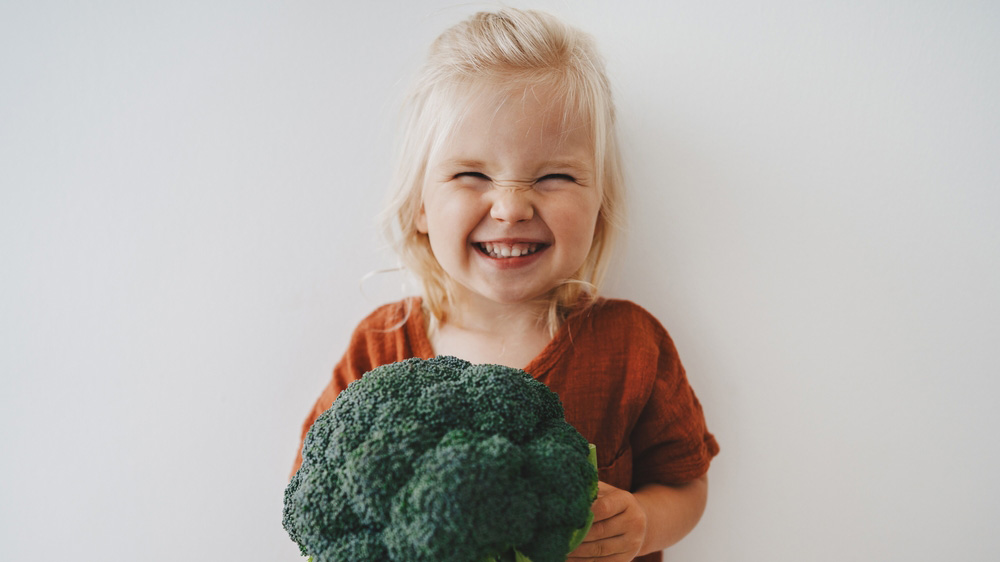The irresistible craving for chocolate after a stressful day, the sense of well-being after a good balanced meal… These everyday experiences raise an intriguing question: does our diet really influence our emotions? Science reveals that yes! Nutrients, eating habits, and even our gut microbiota play a fundamental role in our emotional balance. It seems that Diet and Emotions are interconnected. Let’s decipher these deep connections between what we eat and what we feel.
The Brain, a Consumer of Essential Nutrients
Our brain is an energy-hungry organ: it consumes nearly 20% of our daily calorie intake. But not all foods benefit it in the same way. Certain nutrients are particularly involved in regulating mood and emotions:
- Omega-3 fatty acids: These essential fatty acids, found in fatty fish (salmon, mackerel, sardines) and nuts, play a role in the fluidity of neuronal membranes and the production of neurotransmitters. Studies show that a deficiency in omega-3s is linked to an increased risk of depression and anxiety.
- B vitamins (B6, B9, B12): Involved in the synthesis of serotonin and dopamine, they are found in legumes, eggs, meat, and green vegetables. A deficiency can lead to nerve fatigue and mood disorders.
- Magnesium: This natural stress reliever promotes muscle relaxation and regulates cortisol (the stress hormone). It is found in dark chocolate, almonds, bananas, and whole grains.
The Key Role of Neurotransmitters: Serotonin, Dopamine, and the Rest
Emotions are largely regulated by chemical messengers called neurotransmitters. Two of them are particularly influenced by our diet:
- Serotonin, often called the happiness hormone, is produced from tryptophan, an amino acid found in turkey, eggs, dairy products, and nuts. Adequate intake promotes relaxation and well-being.
- Dopamine, involved in motivation and pleasure, is synthesized from tyrosine, found in bananas, almonds, avocados, and chocolate.
An imbalance in these neurotransmitters can affect our emotional state, hence the importance of a varied diet rich in essential nutrients, this is one example how Diet and Emotions interact together.
The Gut Microbiota, Our Second Brain
It’s now well-known: the gut and brain are closely connected via the gut-brain axis. Our gut flora directly influences our mood by producing neurotransmitters and modulating inflammation.
A healthy microbiota, nourished by prebiotic fibers (fruits, vegetables, whole grains) and probiotics (yogurt, kefir, sauerkraut), supports optimal serotonin production.
An imbalance in the microbiota (dysbiosis), often caused by a diet too rich in refined sugars and saturated fats, is associated with anxiety and depressive disorders.
Foods That Boost (or Sabotage) Our Emotions
Foods that are “friends” of emotional well-being:
- Dark chocolate: Rich in magnesium and flavonoids, it stimulates serotonin production and provides a calming effect.
- Fatty fish: Regular consumption reduces the risk of depression thanks to omega-3s.
- Legumes and whole grains: They stabilize blood sugar, preventing mood swings related to hypoglycemia.
- Colorful fruits and vegetables: Their antioxidants protect the brain from oxidative stress, reducing anxiety and mental fatigue.
Foods that are “enemies” of emotional balance:
- Refined sugars (industrial pastries, sodas): They cause blood sugar spikes followed by rapid drops, leading to irritability and fatigue.
- Alcohol: Although it can provide temporary relaxation, it disrupts neurotransmitter production and exacerbates anxious states.
- Ultra-processed foods: Additives, preservatives, and excess saturated fats disrupt the microbiota and promote brain inflammation.
Emotional Eating: When Emotions Dictate Our Plate
Who hasn’t dived into a tub of ice cream after a breakup or indulged in a chocolate bar during a stressful period? Emotional eating is a common phenomenon where food is used as a refuge from negative emotions.
Comfort foods, often sweet and fatty, activate the brain’s reward system, providing immediate pleasure. But this comfort is fleeting, and these habits can lead to food dependency and a vicious cycle of guilt.
How to Re-establish a Healthy Relationship with Food?
- Listen to hunger and satiety signals: Distinguish real hunger from emotional hunger.
- Favor intuitive eating: Choose foods that bring lasting well-being rather than instant pleasure.
- Practice mindfulness while eating: Savor each bite, without distractions, to better appreciate the flavors and avoid overeating.
Conclusion: Conscious Eating for Lasting Emotional Well-being
Our diet profoundly influences our emotions, and conversely, our emotions shape our food choices. By prioritizing foods rich in essential nutrients, taking care of our microbiota, and developing a peaceful relationship with food, we can cultivate a harmonious emotional balance. So the relationship between Diet and Emotions go both ways. The key? Listen to your body, nourish your mind, and savor every moment!
Sources :
- Harvard Medical School – Food and Mood : https://www.health.harvard.edu
- National Institutes of Health – Nutrition and Mental Health : https://www.nih.gov
- Psychology Today – The Gut-Brain Connection : https://www.psychologytoday.com
- British Journal of Nutrition – Omega-3 and Depression : https://www.cambridge.org
- American Psychological Association – The Science of Emotional Eating : https://www.apa.org


